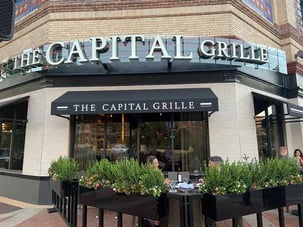6 min read
The High Energy Costs of Not Conserving Water
Dialectic Engineering
Mar 11, 2024 12:09:46 PM
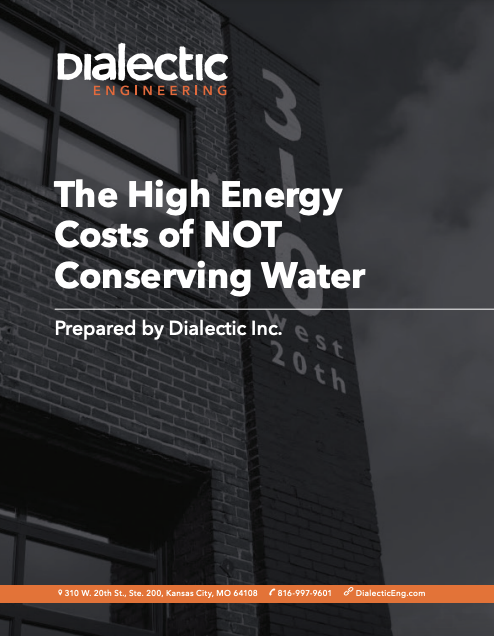
What's Inside?
- Five Stages of Potable Water
- Simple Ways Consumers Can Save Both Water and Energy
- Why We Should Conserve Water and Energy
- Energy Conservation is a Part of Who We Are
- References
Conserving water conserves energy. We know this because we understand the potable water cycle is an involved process that consumes a lot of energy.
At Dialectic, energy conservation is a core value for us – not only as experts in the field of sustainability but as consumers. We feel a responsibility to educate ourselves, our clients, and our community for the good of the environment.
Sustainability is built into our designs not only for our clients’ cost savings but also because we deeply believe in a greener future for our children and grandchildren.
Here we explore the ways water consumes energy and how citizens can conserve water and save energy, toward the betterment of our communities.
Five Stages of the Potable Water Cycle
Who hasn’t heard that we need to conserve water, especially in the more drought-ridden parts of the country like California and Nevada? For all of us, advice like turning off the faucet to conserve water while brushing our teeth is almost as common as being told to turn off the lights to conserve electricity when leaving a room.
We learn very early that water and electricity don’t mix. But never-the-less, they share a very close relationship before the water reaches our homes.
Almost in a chicken-and-egg scenario, water from a dam can create electricity. And that electricity can then be used to transport and treat that same water to make it safe for drinking and bathing.
What are the stages of the water cycle?
Although most of us don’t think about our water coming from anywhere other than our faucets or showerheads, there are actually five stages that make water “potable” - or “usable."
There is an energy cost for each stage of the potable water cycle. By reducing our water usage, we reduce the total amount of energy consumed to complete the cycle.
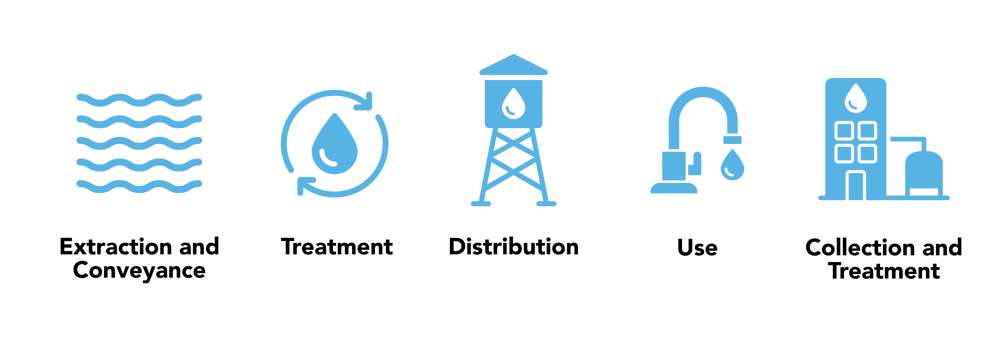
1. Extraction and Conveyance
Water utilities use energy to extract, or pump, water from sources such as rivers, lakes, streams, or underground aquifers and convey it to water treatment facilities. There is an energy cost for the extraction, pumping, transporting and storage.
2. Water Treatment
At the water treatment plant, water is processed to make it safe for uses such as drinking, cooking, and bathing. After treatment, water is pumped to storage for later distribution. There is an energy cost for processing, pumping and storage.
3. Distribution
Energy is used to distribute water from storage throughout a municipal water system or to transport it to other locations for use. There is an energy cost for distribution.
4. Consumer Use
Commercial and residential consumers use energy to heat and cool water. They use energy to treat water with softeners and filters, convert it to steam and ice as well as circulate and pressurize it.
They use energy to pump water to their homes and to irrigate their lawns. There are many energy costs related to consumer usage, especially for industrial or commercial consumers.
5. Wastewater Collection and Treatment
After use, wastewater is collected through sanitary sewer systems and is treated, filtered, and aerated before being released back into the environment, such as back to a river.
There is an energy cost for building sewer systems, wastewater treatment plants, and pumping the water back into the environment again.
Simple Ways Consumers Can Save Both Water and Energy |
|
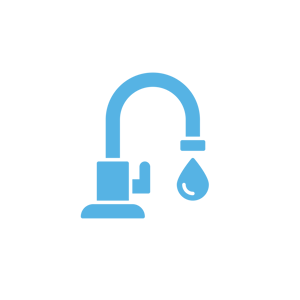 |
1. Water torture – Drip. Drip. Drip. |
 |
2. Step away from that sponge! |
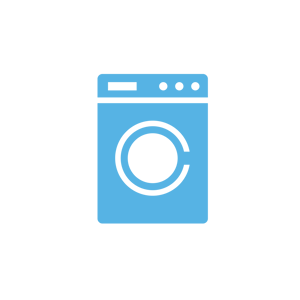 |
3. Fill it up! |
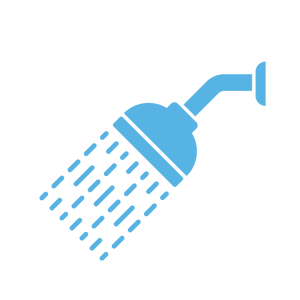 |
4. Sing in the shower |
 |
5. Stop that toilet! |
 |
6. Don’t flush that bug |
 |
7. Buy less – Eat more |
 |
8. Compost food scraps |
 |
9. Don’t water your driveway. |
 |
10. The grass is always greener |
 |
11. Give yourself a break |
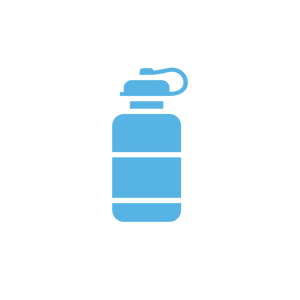 |
12. Keep the bottle |
SUBSCRIBE FOR MORE
Why We Should Conserve Water and Energy
 Sure, it feels good to be green. To recycle. To drive a hybrid car. To buy organic and eat clean. We know it’s responsible to use low-flow showerheads and drip irrigation rather than running a hose unsupervised.
Sure, it feels good to be green. To recycle. To drive a hybrid car. To buy organic and eat clean. We know it’s responsible to use low-flow showerheads and drip irrigation rather than running a hose unsupervised.
It’s trendy to talk about water conservation at a cocktail party and how you only use LED light bulbs at dinner with friends. But more than that, it is also very necessary for our future.
The National Oceanic and Atmospheric Administration (NOAA) reports only 3% of the earth’s water is fresh water. However, not all of that 3% is easily available to humans for consumption. Much of it is contained in glaciers, below ground and in the atmosphere. Fresh, clean water is a limited resource.

As consumers, it’s important to avoid using more water than necessary just because someone else is footing the bill, such as when you are staying at a hotel, living in a dorm or visiting your in-laws.
Water conservation has become such a concern that the Environmental Protection Agency (EPA) wants hotels to monitor guests’ water usage to modify behavior and encourage conservation. The EPA suggested making actual usage available to guests as part of their bill or part of an app to increase usage awareness.
This technology is not yet in use, but hotels have implemented programs to incentivize guests to skip daily new towels and sheets to reduce water and energy used in laundering.
Energy Conservation is a Part of Who We Are
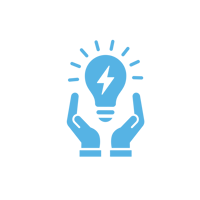 At Dialectic, we are already preparing for the day your customers will care as deeply about how much water you use as they do about where they are buying their produce, fair-trade coffee and cruelty-free cosmetics.
At Dialectic, we are already preparing for the day your customers will care as deeply about how much water you use as they do about where they are buying their produce, fair-trade coffee and cruelty-free cosmetics.
As consumers become more educated in these areas, you will need to be ready to answer their questions about how your business conserves energy and saves water. They may not care if it saves you, and ultimately, them money. Rather, consumers today want to feel like part of a bigger whole, like saving the planet for future generations.
You won’t have to ask Dialectic to take sustainability seriously because it is already woven into the fabric of how we conduct business and develop designs. As our name implies, we will have an open dialog with you about your sustainability goals and help you achieve them.
Want commercial insights? Check out our blog:
Save Water, Save Energy, Help the Planet
As we brush our teeth, flush the toilet and take showers every morning, most of us use water without considering the energy cost of that water. We take for granted the fact that water will always be there.
And even though we get a bill every month to remind us we are paying for the water we use, we rarely think of it in terms of energy used or, perhaps, energy wasted.
What we most often forget is that when we eat out in restaurants, stay in hotels or buy bottled water, we are using water and energy at a very high cost, and that those costs are always passed down to us, the consumer. Water and energy are interconnected, and by conserving water we are also conserving energy.
As consumers, we need to be leaders in conserving water because, unfortunately, society will not be proactive to the approaching water shortage until the opportunities we currently have for saving the water are no longer available.
By highlighting the surprising ways, we consume energy through our water usage, we hope to educate all types of consumers that even small changes to their daily habits can save energy and water usage dollars for years to come.
We at Dialectic are always looking for ways to be sustainable and by being sustainable we are all being good stewards for the future.
References
- The USGS Water Science School. Drip Calculator. United States Geological Survey. (December 2016)
- Bluefrog Plumbing and Drain. The Effect of Leaky Pipes on Your Water Bill. (July 1, 2016)
- HydroKnot. Water Facts. (2013)
- CNN. 40% of U.S. Food Wasted, Report Says. (August 22, 2012)
- ATS EcoSolutions. Ecology and You. Anderson Trucking Services. (2017)
- WBUR. Sink Disposal Vs. Garbage Can: What To Do With Non-Composted Food Waste? WBUR 90.9, Boston. (June 19, 2014)
- National Ocean Service. Where Is All the Earth’s Water? National Oceanic and Atmospheric Administration, U.S. Department of Commerce.
- Harrington, Elizabeth. EPA Wants to Monitor How Long Hotel Guests Spend in the Shower. The Washington Free Beacon. (March 17, 2015)

